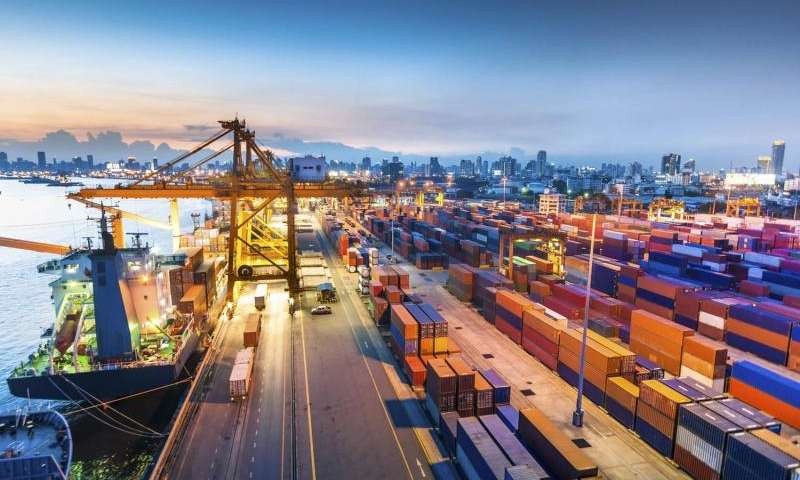Aissatou Diallo
The need for an economically integrated Africa has never been more urgent. With the severe disruption of global value chains due to Covid-19 and related lockdown measures, there is no doubt that scaling up regional productive capacities and improving intra-African trade must be part of the lasting solution to meaningful and inclusive growth.
Presently, African countries do not trade on a significant level with each other and studies have continued to confirm a downward spiral in intra-African trade over recent years. The share of intra African trade today is about 18%, compared to Europe (70%), Asia (60%) and North America (30%).
This sobering reality and the reason why the cost of goods and services are so high is simple. In 2017, moving a container of goods from one southern African country to another required 56 customs signatures, 84 customs stamps, 83 documents totalling 634 pages, 28 SADC certificates and five invoices, according to the 2019 Ibrahim Forum Report.
This cycle must be broken in order for trade to become the primary driver of economic growth in Africa and strengthen the continent’s economic resilience.
The African Continental Free Trade Agreement (AfCFTA) provides a unique opportunity for the continent to transform its approach to trade. Effective as of 1 January this year, it has become the largest free trade agreement signed since the World Trade Organisation was formed in 1995.
As of 5 February, 36 countries have both signed and deposited their instruments of AfCFTA ratification with the African Union Commission Chairperson. Of the 55 AU member states, only Eritrea has yet to join.
Africa represents 1.3 billion people across 55 countries with a combined gross domestic product (GDP) of $3.4 trillion. AfCFTA therefore presents a vast range of opportunities for governments to move away from the poverty and inequity of the past towards economic revival and the wealth of the future.
We believe that together we can achieve these goals.
The International Trade Centre is well positioned to support AfCFTA’s implementation. Under its “One Trade Africa” programme it can provide capacity building and advisory services to enhance the continental business environment, strengthen national and regional trade support institutions as well as bolster African enterprises.
In this way ITC, with its partners across the African continent, can ensure economic and social benefits for micro, small and medium sized enterprises (MSMEs), and women and youth entrepreneurs both in the formal and informal sectors. These are bedrock components towards attaining Africa’s Sustainable Development Goals by 2030.
An integrated African trading market would improve competitiveness at industry and price level through market access, resulting in scale production and better allocation of resources.
Research from the United Nations Economic Commission for Africa (UNECA) shows that when African countries trade amongst themselves there is more knowledge transfer, all demographic groups benefit.
ITC has proved itself a valuable partner for the growth of the African private sector and can help convert opportunities offered by the AfCFTA into concrete business transactions. Through its technical assistance and advisory services, ITC will also support e-commerce, green technology opportunities, strengthen sustainable agri-business and advocate for improved cross-border trade mechanisms.
This in turn will support African countries in their respective continental trade development agendas, with access to pertinent trade and market information. Ultimately, the AfCFTA will drive autonomy through continental trade.
Although concerns have been raised over the potential decline in government revenue as a result of the reduction and/or elimination of tariffs, the African Tax Administration Forum (ATAF) has stated that overall gains from the deal would surpass initial losses. While tariff revenue will decline nominally, economic growth and increased economic activity will increase government revenue from other business-related taxes.
The AfCFTA can transform the future of the continent and ITC can help achieve this vision. Ms. Aissatou Diallo is a Senior Coordinator on the AfCFTA at the International Trade Centre in Geneva. She also coordinates ITC’s engagement with LDCs, LLDCs and SIDS. Ms. Diallo provides strategic contribution to programme formulation, partnership development, resource mobilization and outreach activities.




